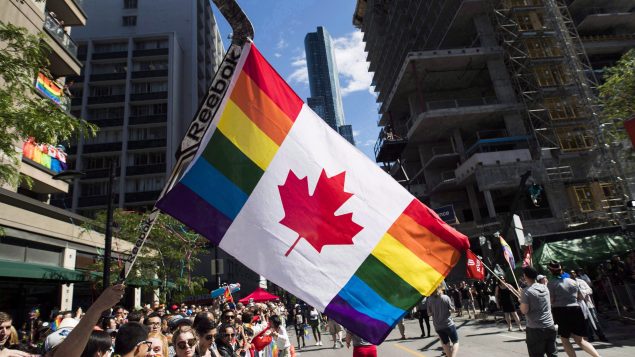
Canada has been a refuge for LGBTQ+ refugees seeking to escape persecution in their home countries for decades. However, the process of claiming asylum and joining Canadian society is not always straightforward, especially for those who hold multiple historically marginalized identities. According to anthropologist David A.B. Murray, claiming asylum on the basis of sexual orientation or gender identity persecution requires an individual to “prove” both their identity and the fact that they have been persecuted for holding this identity. This process may include “coming out” to officials, showing personal documents such as letters from loved ones, and even volunteering in Canadian LGBTQ+ community organizations.
Moreover, the personal accounts of refugees are evaluated through standards “that reflect white, middle-class LGBT experiences,” says Murray. In the shadow of settler colonialism, traditional and Indigenous gender systems have been criminalized, erased, and overwritten by Western binary norms. Refugees with alternative experiences of sexuality and gender may not fit within the Western model—and forcing them to fit is its own form of structural violence. Furthermore, research by Edward Ou Jin Lee and Shari Brotman adds that, for many refugees who have escaped persecution, the process of repeatedly “coming out” to strangers or recounting traumatic experiences may be distressing and harmful.
The experience of LGBTQ+ refugees in Canada may be especially significant to transgender and nonbinary people in the United States as they face a barrage of laws restricting public expression, access to gender-affirming healthcare, usage of public facilities, and inclusion in gendered activities. These laws represent a return to and continuation of historical enforcement of heterosexual and cisgender norms. In response, Canadian citizens have launched a petition calling to extend the right for asylum to American transgender and nonbinary refugees. However, this may be difficult because the United States is the only other country legally considered by Canada as “safe” for refugees.
The fate of LGBTQ+ refugees and asylum seekers in Canada and around the world is uncertain, and the situation is continually evolving. The United States, a traditionally “safe” country, is now becoming unsafe for its LGBTQ+ citizens, and it remains to be seen whether it will maintain its reputation as a global refuge or become a “country of origin” for those fleeing persecution. As the world becomes more complex, it is increasingly necessary to understand the experiences of marginalized communities and work towards creating safer spaces for all.